India’s electric vehicle drive: Challenges and opportunities
- Thread starter RISING SUN
- Start date
You are using an out of date browser. It may not display this or other websites correctly.
You should upgrade or use an alternative browser.
You should upgrade or use an alternative browser.
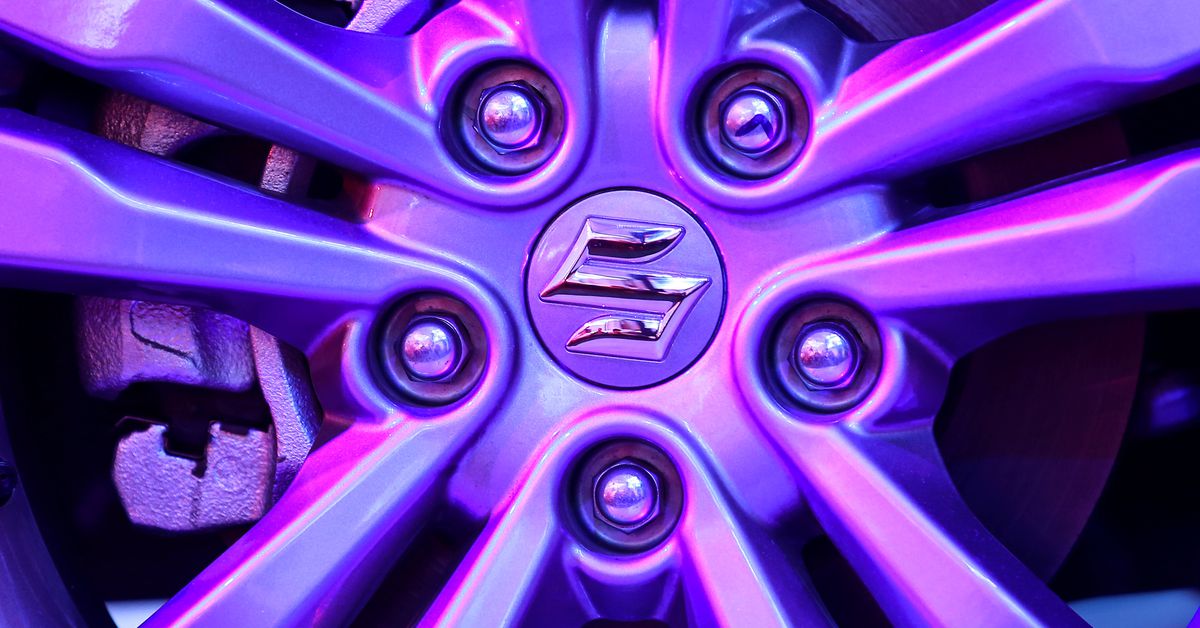
Japan's Suzuki Motor to invest $1.3 billion for electric vehicle production in India
Japan's Suzuki Motor plans to invest about 150 billion yen ($1.26 billion) to produce electric vehicles and batteries in India, Japanese media reported on Saturday.
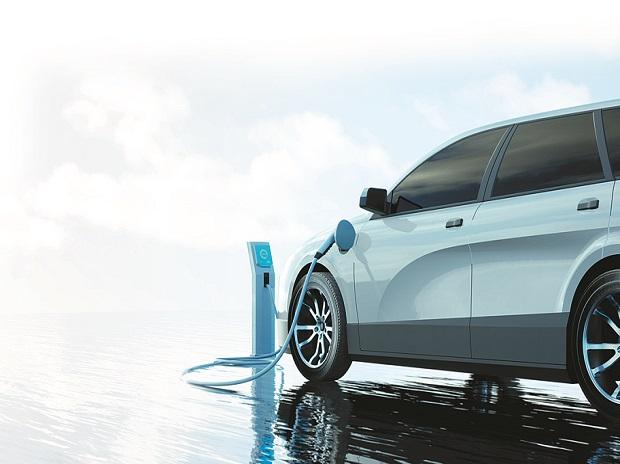
Suzuki Motor powers EV rush in India with Rs 10,440-crore investment
Maruti's rivals, such as Hyundai and Tata Motors, have announced elaborate plans for electrification of their products
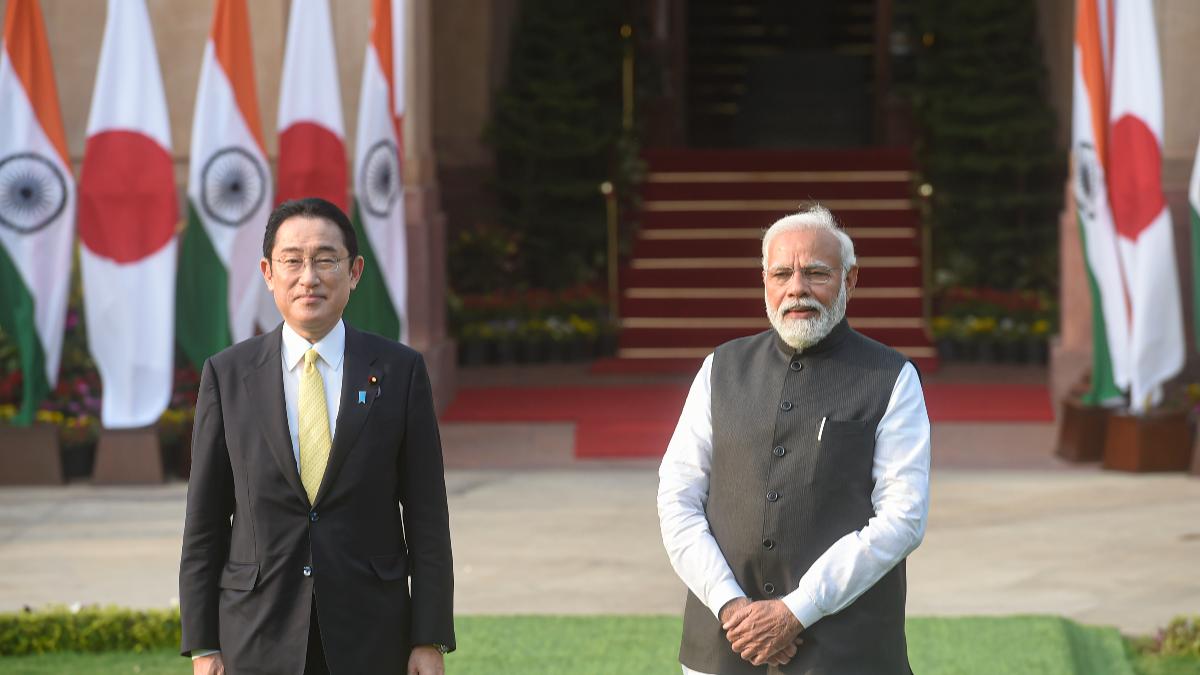
India, Japan to collaborate on EVs, battery storage, hydrogen
India and Japan agreed to collaborate on clean energy partnership to cover EVs, battery storages and green hydrogen.
Ola, Okinawa EV fire: Centre deputes team of experts to investigate incidents
The Centre on March 28 decided to depute a team of independent experts to investigate two incidents of electric two-wheelers catching fire, CNBC-TV18 reported, quoting government sources. An Ola electric scooter and an Okinawa electric bike recently caught fire, leaving many customers concerned.The government sources said: “Centre has taken note of the incidents involving fires in electric vehicles; will probe them… Deputing independent experts to investigate cases of EVs catching fire.”
The experts will travel to Vellore and Pune to probe whether structural or external factors have caused the fire in the Ola electric scooter and the Okinawa electric bike.
Notably, both two-wheelers had been tested and received type approvals before they were launched. The investigators will try to find out if there is a manufacturing defect that affected their operation.
https://www.moneycontrol.com/news/o...is-led-by-a-newbie-scooter-maker-8283791.html
According to a Reuters report, lithium-ion batteries (used in the Ola scooters), whether used in electric vehicles or electronic devices, can catch fire if they have been improperly manufactured or damaged, or if the software that operates the battery is not designed correctly.
Softbank Group-backed Ola Electric said last week that it has also launched an investigation to find out what is causing the electric scooters to catch fire.
Ola launched the probe after a Twitter user from Pune shared a video of his Ola scooter bursting into flames.
Responding to it, the company had said in a statement: “We are aware of an incident in Pune that happened with one of our scooters and are investigating to understand the root cause and will share more updates in the next few days.” The customer is absolutely safe, the company added.
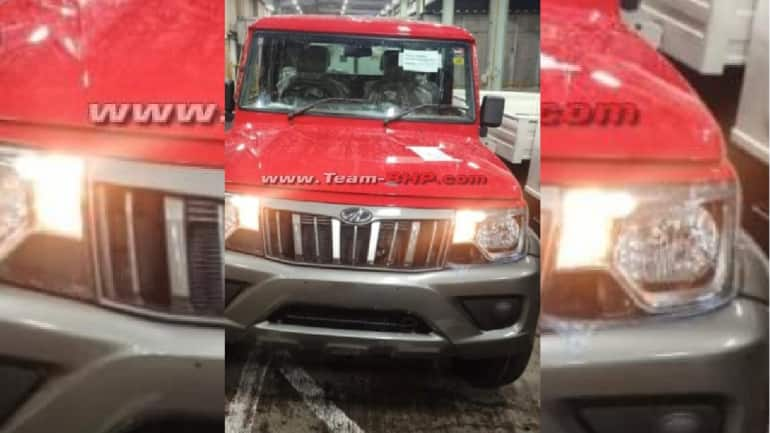
Mahindra Bolero Neo launched: Price starts at Rs 8.48 lakh
The prices of the different variants of Mahindra Bolero Neo (ex-Showroom, Delhi) are: Bolero Neo N4: Rs 8.48 lakh; Bolero Neo N8: Rs 9.48 lakh; Bolero Neo N10: Rs 10 lakh.
Adani Total Gas forays into electric mobility infrastructure sector
Adani Total Gas Ltd, a joint venture of Adani group and French energy giant TotalEnergies SE, has forayed into the electric mobility infrastructure sector by launching its first EV charging station in Ahmedabad.The charging station is located at ATGL's CNG station at Maninagar in Ahmedabad, the company said in a statement.
The electric vehicle (EV) charging station "will enable quick turnaround time for EV owners with best-in-class fast charging technology and convenient use digital platforms," it said.
ATGL is India's largest private CNG and piped cooking gas distributor.
"The commencement of EV business with setting up the first charging station in Ahmedabad is yet another milestone for Adani Total Gas to provide choice of newer green fuel to the larger consumer base in India while timely ceasing an emerging business opportunity aligned to our vision to offer sustainable fuelling solutions on across all major cities and towns in India," said Suresh P Manglani, CEO of Adani Total Gas (ATGL).
https://www.moneycontrol.com/news/t...-scooter-catches-fire-in-chennai-8293631.html
The company aims to expand its network by setting up 1,500 EV charging stations across the country, and has kept an expansion plan ready to move beyond 1,500 EVCS, based on the demand generation and momentum building of the EV ecosystem in the country.
The company said it has the strategic fit to venture into electric mobility and capture a significant share of the rapidly growing EV market.
ATGL also draws its strength from the Adani Group's inherent capacity to generate renewable power, and can further leverage group level synergies for sourcing green power.
The global experience of TotalEnergies SE in the EV infrastructure space is another factor that adds competitive edge to ATGL's vision as it eyes market leadership in the space, ATGL said.
The firm has the authorisation to retail CNG to automobiles and piped natural gas to household kitchens in 19 geographical areas.
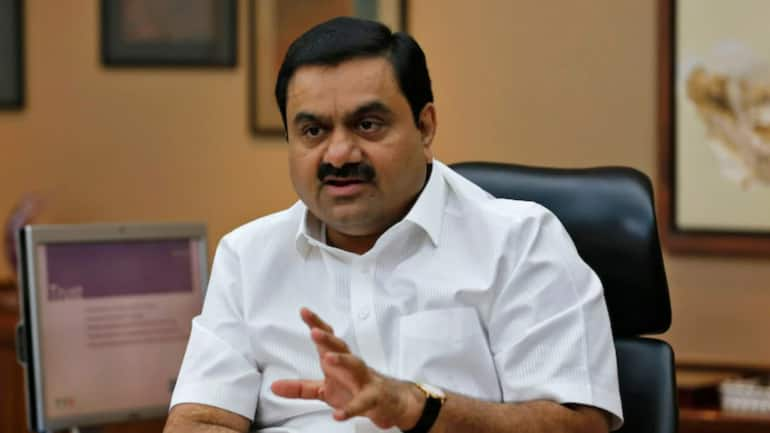
Adani Total Gas forays into electric mobility infrastructure sector
The company aims to expand its network by setting up 1,500 EV charging stations across the country, and has kept an expansion plan ready to move beyond 1,500 EVCS, based on the demand generation and momentum building of the EV ecosystem in the country.

India’s EV Infra: Adani Total Gas Launches Its 1st Charging Station in Ahmedabad
Adani Total Gas Ltd has entered the electric mobility infrastructure sector by launching its first EV charging station in Ahmedabad which is located at ATGL's CNG station in Maninagar.

Father, daughter die in Vellore after electric bike explodes while charging
A man and his daughter died after a charging electric bike exploded in Tamil Nadu's Vellore.
Ashok Leyland’s EV Arm Switch Mobility To Invest Rs 1,000 Crore In Dedicated Electric Vehicle Plant In South India
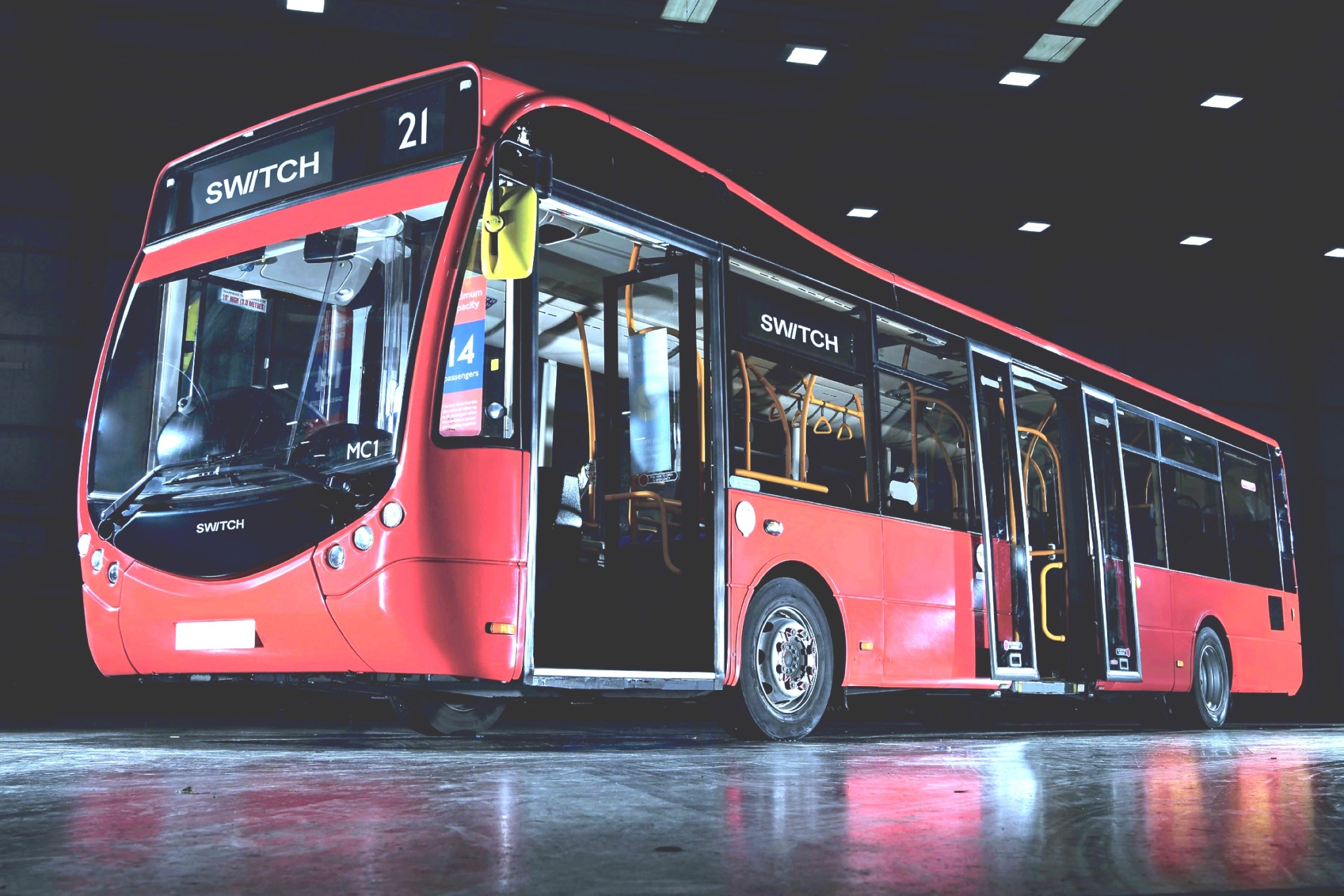 Ashok Leyland’s electric vehicle arm Switch Mobility will invest Rs 1,000 crore in a dedicated electric vehicle (EV) plant in South India, reports Economic Times.
Ashok Leyland’s electric vehicle arm Switch Mobility will invest Rs 1,000 crore in a dedicated electric vehicle (EV) plant in South India, reports Economic Times.
The plant will likely be set up on the outskirts of Chennai in the state of Tamil Nadu, the people in the know of matter were quoted in the ET report as saying.
The plant will reportedly have a capacity of manufacturing 30,000 units of electric light commercial vehicles (e-LCVs) and 10,000 units of electric buses.
The EV plant will have an LCV and bus and battery pack assembly under one roof.
The company currently manufactures electric buses in a dedicated portion of Ashok Leyland’s Ennore plant in Tamil Nadu.
For electric LCVs, Switch Mobility will tap some space in Ashok Leyland’s Hosur plant, ET reported.
The EV manufacturing operations in these plants will be consolidated and moved to Switch Mobility’s proposed new plant once it is ready.
“We are exploring many locations (to set up the new plant). We have not yet decided. Our intention is to close it in the next six months,” Babu told ETAuto.
“The total capacity, to be ramped up in phases, will stand at over 40,000 units with e-LCVs having a share above 30,000,” he said.
The first of the electric Dost and Bada Dost LCVs is scheduled for launch in early 2023.
“We will not do a soft launch. After the launch we will probably get a ramp-up immediately,” Babu added.
Ashok Leyland's EV Arm Switch Mobility To Invest Rs 1,000 Crore In Dedicated Electric Vehicle Plant In South India - India Infra Hub
Ashok Leyland’s electric vehicle arm Switch Mobility will invest Rs 1,000 crore in a dedicated electric vehicle (EV) plant in South India, reports Economic Times. The plant will likely be set up on the outskirts of Chennai in the state of Tamil Nadu, the people in the know of matter were quoted...
 indiainfrahub.com
indiainfrahub.com
Lower taxes on hybrid cars can speed up India's EV adoption: Honda
Lowering taxes on hybrid vehicles can lead to faster adoption of electric vehicles in the country, according to a senior official of Honda Cars India Ltd (HCIL).The automaker noted that hybrid technology is currently best suited for Indian conditions as it is not dependent on external charging infrastructure.
The total tax incidence on hybrid vehicles in the country is 43 per cent, which is inclusive of GST, while battery electric vehicles attract a tax of about 5 per cent.
"There is a big gap (in taxes). So, yes it would be a welcome step if the government could support us (by reducing tax on hybrid vehicles as well) ...We request the government if they could consider it," Honda Cars India Ltd (HCIL) Vice-President (Marketing and Sales) Kunal Behl told PTI.
He further said: "We believe if they (government) can reduce it, the adoption of the electric vehicles would be very fast."
Behl noted that hybrid vehicles could help in the transition to fully electric vehicles while at the same time helping in cutting down vehicular emissions and fossil fuel consumption.
"We really respect the government's understanding that they want to bring down the emission levels...they want to reduce the consumption of fuels, so both these objectives are met by the hybrid vehicles. So, I am sure there could possibly be a thought which goes in the government into relooking into favourable conditions where customers can adapt to such technologies faster," he stated.
Honda believes that hybrids are the best solution for the country as buyers do not encounter range anxiety issues and there are no curbs on the performance of the vehicle as well, Behl noted.
"According to us in the current scenario there is nothing better than this (hybrid).. it is the best solution right now," he added.
The company, which has forayed into the mainstream hybrid segment with the introduction of City e:HEV, plans to ultimately transition to full battery electric vehicles as per the global vision of its Japan-based parent company.
Honda globally plans to launch 30 EV models by 2030, with an annual production volume of more than 20 lakh units.
The auto major aims to invest around USD 40 billion over the next 10 years in the EV space.
"The global direction is towards electrification..we believe Indian customers really want to be part of the electric journey..it matches our journey towards carbon neutrality...If the taxes go down I am sure people will adopt it at a faster clip..," Behl said.
Till the time complete transition happens towards electric cars over the next few years, the automaker plans to keep introducing internal combustion engine cars in order to cater to the customer demand.
As part of the strategy, Honda Cars India plans to get into the fast-growing mid-size SUV segment next year. It also plans to keep refreshing its sedan lineup as per the market requirements, Behl noted.
"We have strong market share in the sedan segment .. so we would definitely not like to leave the sedan market ..at the same time we realise that SUV is an important market and customers expect Honda to come into this so that is why we will come up with a strong model.." he added.
When asked about the possible impact of the government's plans to make six airbags mandatory in passenger vehicles, Behl noted that the industry as a whole has been going through rough times for the last few years.
Transition to BSVI emission norms, COVID-19 impact, semiconductor shortage and rising input costs are the major challenges plaguing the auto industry, he noted.
"Every kind of regulation has a cost attached to it..so yes the government's direction is understood, it is a very nice direction and it also matches Honda's direction of carbon neutrality and zero traffic fatalities so we are also in line with that..we also want to comply to the regulations but looks a little too early for us as well," Behl said.
Currently, the debate is going on regarding the issue and whatever the decision comes, the company is going to stick to that for sure, he added. On the chip shortage, Behl noted that the problem is expected to continue for the next couple of months.
"So it is very difficult to predict the growth outlook... As far as the previous year is concerned there is definitely going to be growth for the industry and the company will also follow a similar kind of growth as the industry...it is very difficult to give an outlook as the situation remains very dynamic," he added.
Between April 2021 to March 31, 2022, the company dispatched 82,074 units to dealers.
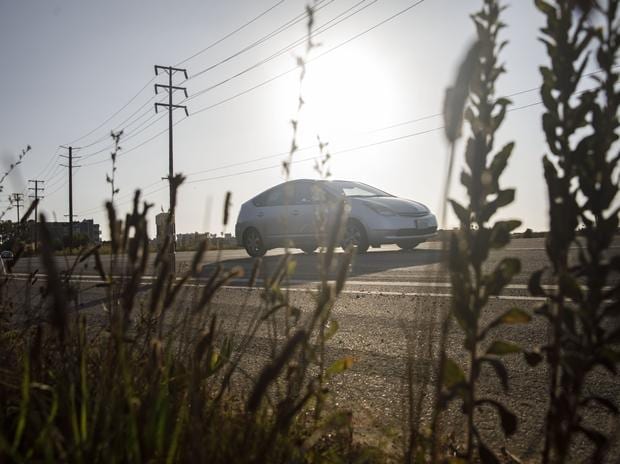
Lower taxes on hybrid cars can speed up India's EV adoption: Honda
The automaker noted that hybrid technology is currently best suited for Indian conditions as it is not dependent on external charging infrastructure.
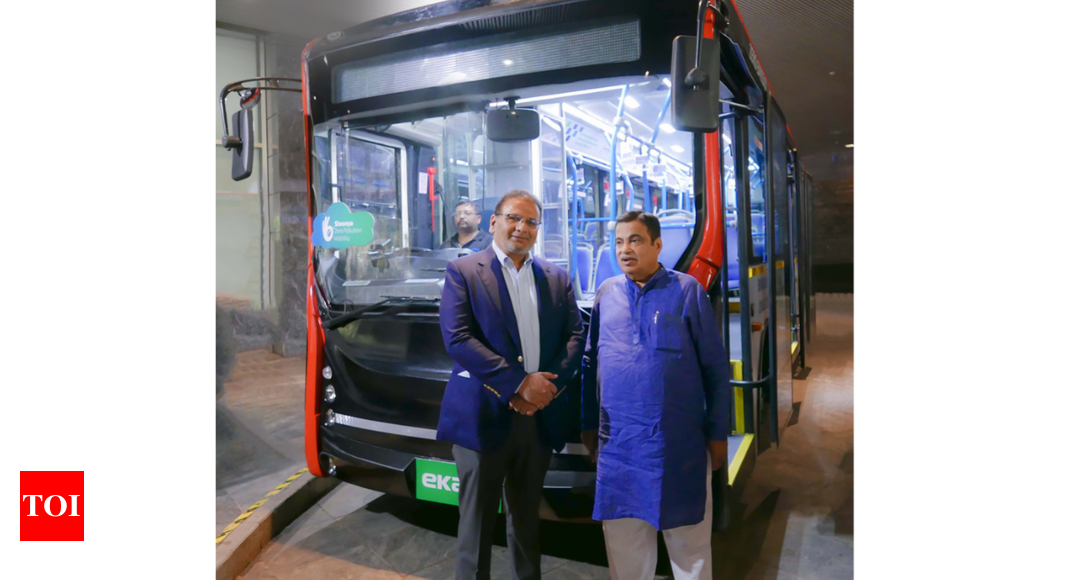
First made in India electric bus showcased to Nitin Gadkari: Details explained - Times of India
News News: The EKA E9 is claimed to be the country's first completely ‘Made-In-India’ 9- metre pure electric, zero-emission bus.

Kia India will start local production of EVs in 2025: Tae-Jin Park, India MD
"We are starting with EV6 because we want to show the global best to Indian customers. We are working on an India-centric EV. We are planning local manufacturing in 2025."
Hope to manufacture 5,000 Chetak scooters every month: Rajiv Bajaj
Bajaj Motors CEO Rajiv Bajaj on June 10 announced the launch of a new electric vehicle (EV) production line at their plant in Akurdi, Pune. The focus of the new facility will be integration and agility, he said in an interview with CNBC-TV 18.The automaker said that they hope to manufacture 5,000 Chetak scooters every month with a peak capacity of five lakh units per annum.
Here’s an excerpt of the interview:
What does today’s launch of the dedicated EV facility really mean for the Bajaj Auto’s journey?
If we look at our journey over the last 32 years – from being essentially a domestic company that made just Vespa scooters to a global company that is now making world-class motorcycles, and the most valuable two-wheeler company in the world, we can be justifiably proud of the distance we have travelled in these years. As far as the Chetak itself is concerned, work started on it more than three years ago and we launched it in 2019.
https://www.moneycontrol.com/news/a...struction-of-ev-production-plant-8662951.html
It was always in our mind to have a Chetak-specific facility and by Chetak… I mean it will be a brand that will over time offer a whole portfolio of products for different segments that would be rolled out in the next few years. There are three keywords for this facility – focus, integration, and agility. It is entirely focused on electric vehicles, and we have done it very smartly. We haven’t gone and acquired new land and built a new facility. We have leveraged our existing resources and made them relevant to the future.
It's an integrated facility, so you will find that at one site, there is not just production work going on, but all our Indian engineering activities too; so the workflow is absolutely seamless.
Further, the third keyword 'agile' implies that the entire top management of Bajaj Auto including me and my top team will sit at the facility. In an industry where something changes every day, it is important to be together so you can respond as soon as possible and adapt to the market pace.
Many companies are saying that they will make future investments primarily on EVs now, so, no new fresh investments when it comes to internal combustion vehicles. Will that be the same for Bajaj Auto?
No and yes. No, because being a global company, we address many markets overseas where I see engines will continue to play a big role for a long time. Even in this market, even for 2030, the pundits are not predicting a penetration rate for EVs in excess of 30 percent. For a company like ours, which has a strong existing business, we can’t just throw the baby out of the bathwater. We have to keep the show going; it is on the back of the strength of this actually that we will build our future in electric. So, in that sense, no, we will continue to invest and make efforts towards ICE powertrain products and technologies.
But in terms of new developments, specifically new engine and powertrain developments, we have just one all-new ICE powertrain development. Everything else we have under development, whether it is Chetak, other motorcycles, our own brand, or three-wheelers, it is all electric.
If we look at the current scenario, we are seeing a surge in demand in electric vehicles with fuel prices skyrocketing. What we are hearing right now is that Bajaj Auto is not able to meet the market demand right now. How how do you plan to scale this up with the new plant?
Well, I think nobody is able to meet the demand right now, so we are not the only ones in that privileged situation. There is a very strong tailwind driven, as you said, by fuel prices and we are all trying to scale up the best we can. We are all aware of the shortages with the semi-conductor, etc. We could make 2,500 vehicles only last month in May; up until then we were struggling to make a 1,000 vehicles on an average. All of last financial year, about 9,000 Chetaks were produced and sold. We are opening now to make our way to make 5,000 a month and so on and so forth. It will take some time because the supply chain is still not robust enough.
Having said that, I must emphasise that scaling up is not our priority at this stage. We are well aware that we are dealing with a new animal. We have to get the technology, the quality, and the customer experience absolutely right. So, it’s about R&D, it’s about the supply chain, and it’s also about what happens at the dealership where the rubber meets the road. We are not in a daring hurry to make millions of Chetaks, we just have to make it right.
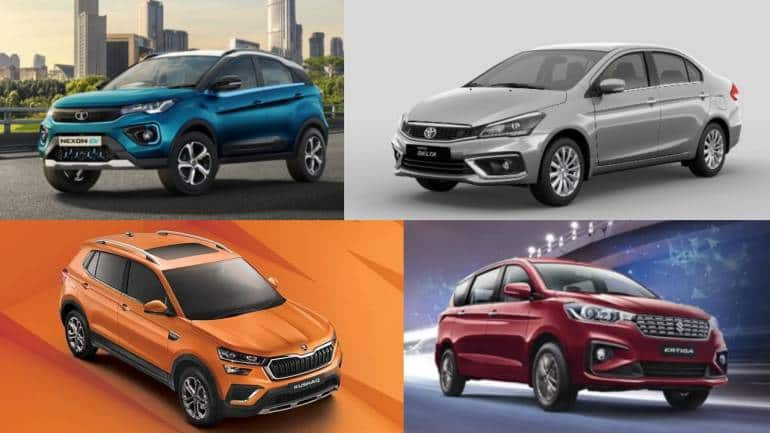
In Pics | From ICE to EV, here are 9 car launches scheduled for April
Get your seat belt on, April is going to be an exciting month for motor enthusiasts as it brings with it new cars for every one as well as one very special farewell edition
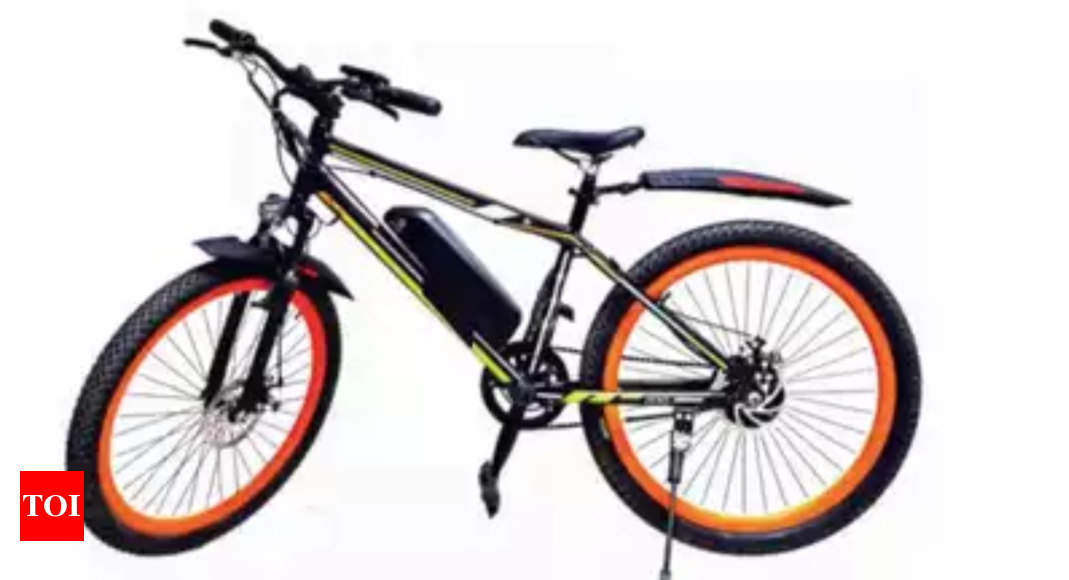
Delhi: Portal for e-cycle subsidy of Rs 5,500 to go live next week | Delhi News - Times of India
Delhi government’s portal for providing financial incentives for the purchase of electric cycles will go live on Wednesday. Earlier this month, the go

30% of vehicles sold in India by end of decade will be electric: Report
The total sales of electric vehicles (EV) by 2030 are expected to cross the 10-million-units mark, the report further said. With that, nearly one in every 10 EVs sold worldwide will be sold in India.

